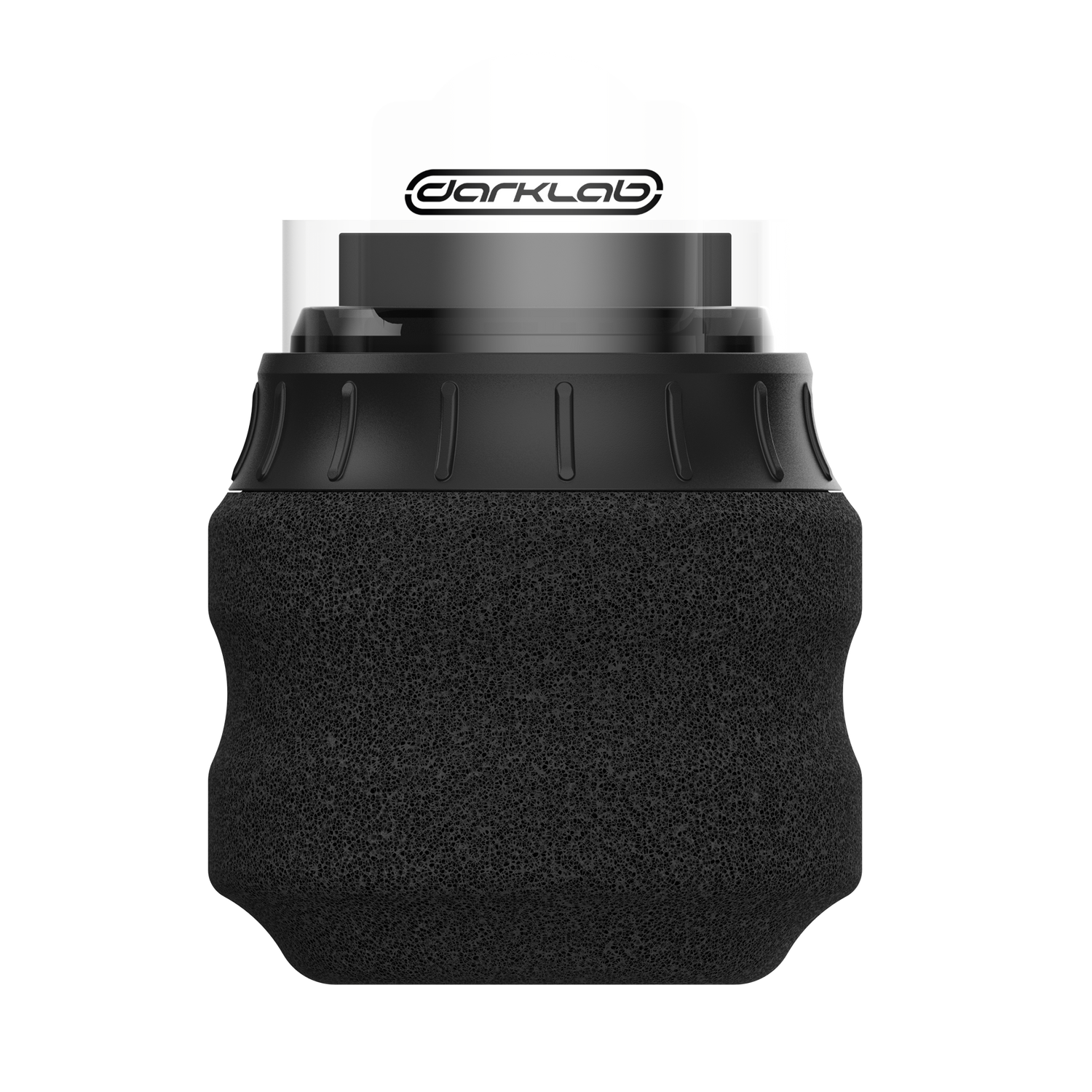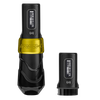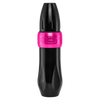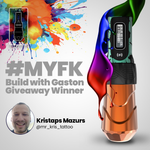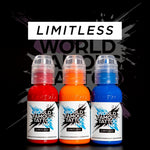
As fast as the tattoo culture is growing, so are some of the myths surrounding this ancient fine art of body illustrations. If you are going to get your first tattoo, you will hear quite a bit before walking into the studio – from whether the cost of the tattoo is important (True), to whether you will bleed to death (False), debunking some myths about tattoos will prepare you for the naysayers.
White ink is very painful. False
People say this because white ink is generally the last to be used. If there’s been heavy work done the skin may be sensitive and swollen and returning to these points to apply ink again may feel painful, but the color of the ink has no relevance. FK Irons is proud to carry World Famous inks. Check out their White House and Fuji Mt mixing whites.
Tattoos lose their color intensity and become bluish after time. False
Maybe the inks used 60 years ago – and which not all faded, had a diminishing effect over long periods of time but done with professional equipment and quality inks, tattoos do remain fresh looking.
Tattoos cause cancer. False
Everyone knows to go to a tattoo studio where standards of health and safety are practiced, and where needles are either new or sterilized. This myth may have come about because ingredients in certain red inks contain minerals like cobalt or aluminum. However new, organic inks like White House inks, have been improved to avoid any health concerns.
Don’t drink alcohol after a tattoo. True
Alcohol thins the blood and can cause bleeding during the inking process. This makes a mess on top of adding an extra challenge for the artist. A little extra Vitamin K1 and K2 will help by promoting clotting. Be cautious and cut back your drinking before getting a tattoo and wait until scabs have healed.
FK Irons machines safeguards against health and safety issues. They’re modular and are easily taken apart like the Spektra Xion, Spektra Edge, Halo2 and Direkt2 with the capability of switching from standard membrane needles to cartridge, and are autoclavable – sterilized by steam, for maximum protection against cross-contamination.
